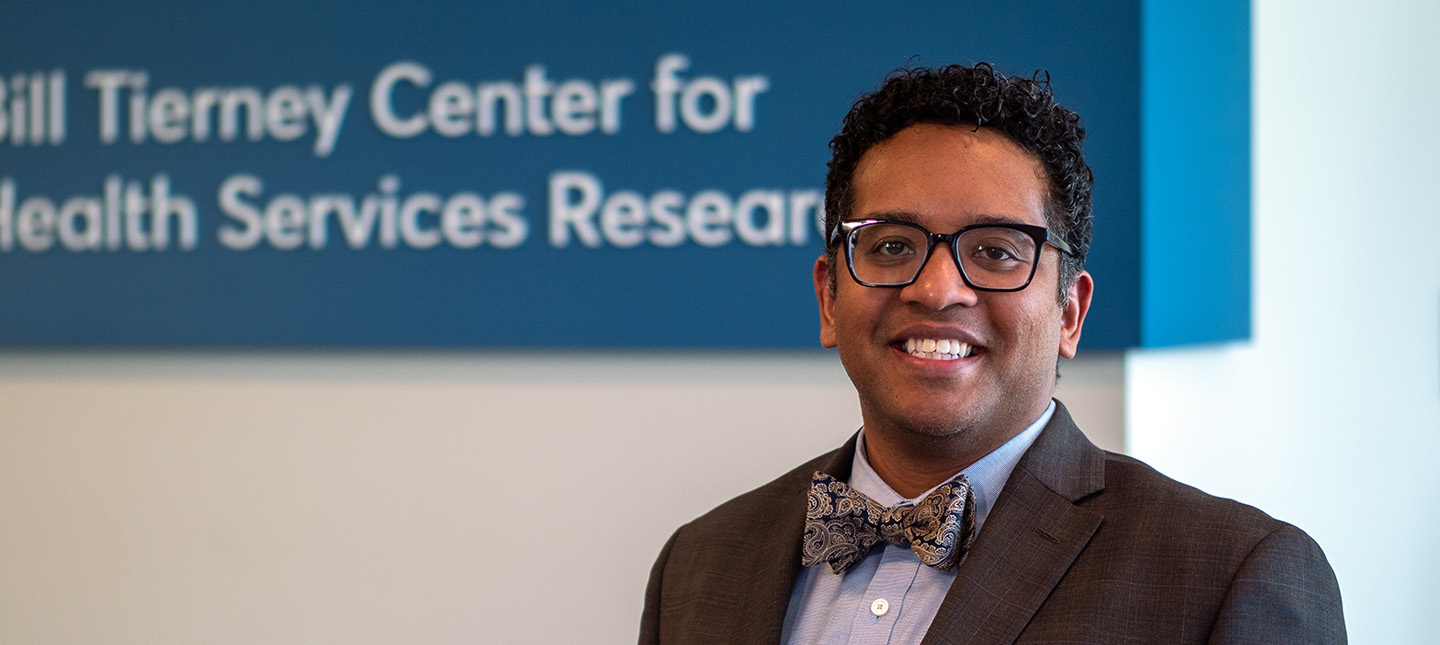Published in the JAMA Surgery. Here is a link to the article.
Regenstrief Institute authors: Andrew Gonzalez, M.D., J.D., MPH
This study explores the relationship between physicians’ implicit racial bias and surgical treatment decisions for peripheral artery disease (PAD)–related claudication. Specifically, it investigates whether racial bias is associated with the increased likelihood of Black patients receiving potentially harmful infrapopliteal procedures and facing worse health outcomes. Conducted within the Vascular Quality Initiative (VQI), the study surveyed 218 vascular specialists who completed the race Implicit Association Test (IAT) and were linked to patient treatment data. Most specialists (72%) exhibited a pro-White bias.
Key findings reveal that Black patients treated by physicians with a pro-White bias were significantly more likely to undergo infrapopliteal procedures and experienced a higher risk of amputation one year later, with adjusted odds ratios of 1.67 and 2.34, respectively. In contrast, Black patients treated by unbiased physicians had similar treatment patterns and outcomes as White patients. These results underscore how implicit bias can negatively shape clinical decisions, leading to disparities in care quality and outcomes.
The study highlights a crucial link between subconscious prejudice and unequal healthcare, emphasizing the urgency for systemic reforms. Suggested interventions include tools that identify care decisions diverging from evidence-based best practices, aimed at mitigating the effects of bias. Overall, the findings reinforce the need for accountability and transparency in clinical decision-making to address racial health disparities in the United States.
Authors:
Corey A Kalbaugh 1, Erika T Beidelman 1, Kerry A Howard 2 3, Brian Witrick 2, Ashley Clark 4, Katharine L McGinigle 5, Samantha Minc 6, Olamide Alabi 7, Caitlin W Hicks 8, Andrew A Gonzalez 9 10, Crystal W Cené 11, Samuel Cykert 12
Affiliations:
1Department of Epidemiology and Biostatistics, Indiana University School of Public Health-Bloomington, Bloomington.
2Department of Public Health Sciences, Clemson University, Clemson, South Carolina.
3Center for Public Health Modeling and Response, Clemson University, Clemson, South Carolina.
4Center for Survey Research and O’Neill School of Public and Environmental Affairs, Indiana University-Bloomington, Bloomington.
5Department of Surgery, School of Medicine, The University of North Carolina at Chapel Hill, Chapel Hill.
6Department of Cardiovascular and Thoracic Surgery, West Virginia School of Medicine, Morgantown.
7Department of Surgery, Emory University School of Medicine, Atlanta, Georgia.
8Department of Surgery, Johns Hopkins University School of Medicine, Baltimore, Maryland.
9Department of Surgery, Indiana University School of Medicine; Indianapolis.
10Center for Health Services Research, Regenstrief Institute, Indianapolis, Indiana.
11Department of Medicine, University of California at San Diego Health, La Jolla.
12Division of General Medicine and Clinical Epidemiology, School of Medicine, The University of North Carolina at Chapel Hill, Chapel Hill.









